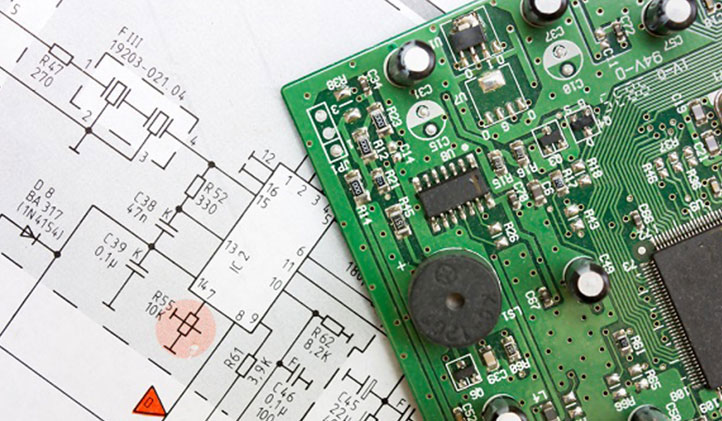Detailed explanation of PCB copy board

PCB cloning, also known as PCB duplication, is a common topic of inquiry from clients in the field. Below is a summary of some frequently asked questions about PCB cloning.
1, What is PCB cloning?
PCB cloning is a reverse engineering technique where the circuit, processes, and other information of a finished board are deduced from it, followed by a 1:1 replication. Typically, cloning involves hardware replication only. If clients require identical functionality to the prototype, chip decryption, also known as PCB reverse engineering, is necessary. It's important to note that such actions may infringe on intellectual property rights.
2, Why is cloning necessary?
PCBs are custom-made products, necessitating the reproduction of production data. In the absence of such data, providing a sample board is required to replicate the production data.
3, What is typically cloned?
Usually, PCB data, schematics, and a Bill of Materials (BOM) are cloned.
4, What information is needed for cloning?
Typically, clear photos of the product from both sides and information on board dimensions are required. Engineers will assess this information to estimate the cloning cost. If the price is acceptable, clients need to provide physical boards for final confirmation.
5, Can cloning guarantee 100% success?
Cloning cannot guarantee a 100% success rate. Engineers need to evaluate the physical board to confirm. Additionally, many PCBs have anti-cloning measures, such as obscuring chip or component brand/model numbers. Any missing information can lead to cloning failure.
6, How is cloning priced?
Cloning costs are assessed based on product images. Final pricing confirmation requires physical boards. It's important to note that the quoted price is for cloning only. Some clients mistakenly believe it covers prototyping or bulk production costs. In reality, cloning involves two separate fees: one for cloning data and another for prototyping or bulk production after data is cloned.
7, How long does cloning take?
Cloning timelines typically range from 3 to 12 days depending on board complexity.
8, Does cloning infringe on intellectual property?
Yes, cloning does infringe on intellectual property.
9, Can sample or bulk production prices be assessed directly from PCB boards?
Sample or bulk production prices can be estimated based on images or physical boards. However, this process consumes a significant amount of time for engineers and procurement personnel. Thus, factories are generally reluctant to provide assessments.

